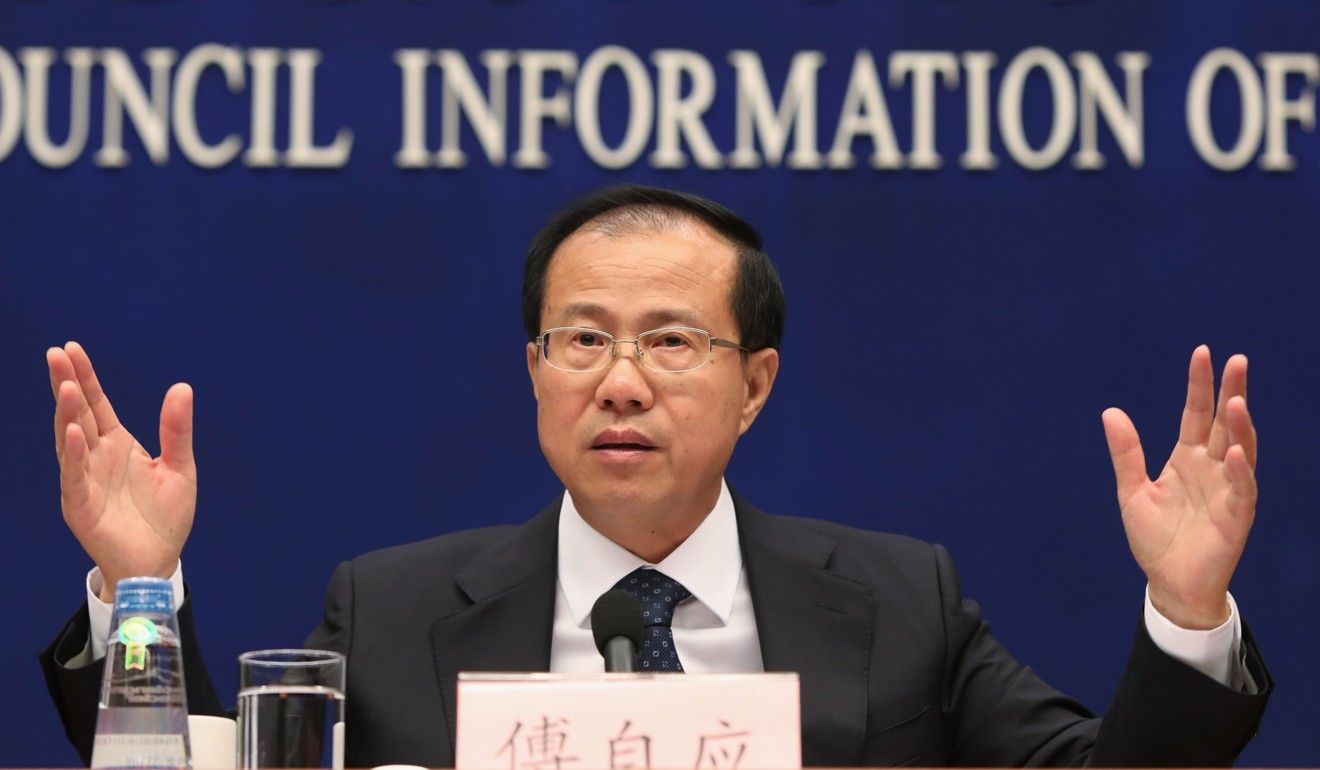Beijing Wants Macau to Strengthen Regulatory Oversight of Gaming Industry
Posted on: March 6, 2019, 11:42h.
Last updated on: March 6, 2019, 11:42h.
Beijing officials have instructed the Macau government to strengthen its gaming industry oversight and better manage its economy.

Macau Liaison Office Director Fu Ziying represents the enclave in the Central People’s Government in Beijing.
He held the first of two meetings this week with Macau government leaders, which included Chief Executive Fernando Chui. GGRAsia, the online news outlet focused on Asian gaming matters, was debriefed on the discussions and reports that Fu wants Macau to rethink its governing conditions on casinos.
The Macau liaison also recommended that the Special Administrative Region (SAR) take steps to reduce its reliance on casino income, and instead diversify with added non-gaming assets.
Fu admitted that with an area measuring less than 12 square miles, and one already cluttered by numerous multibillion-dollar integrated casino resorts, the task to add new non-gaming attractions isn’t easy. That’s why he believes the Macau Gaming and Coordination Bureau – stylized DICJ – should develop incentives that entice gaming operators to invest in such features.
Growth Slowdown
China has set its 2019 GDP forecast at six to 6.5 percent. It follows a 6.6 percent growth in 2018, the lowest in the People’s Republic in three decades.
Ongoing trade tensions between the United States and China, a weaker yuan, and lagging mainland economy are all responsible for the reduced GPD outlook. The greatest threat to Macau, however, is the People’s Republic itself.
When President Xi Jinping order junket groups that transport VIP high rollers from the mainland to Macau be better scrutinized by law enforcement, casino win fell from $45 billion in 2013, to under $28 billion in 2016.
Fu’s recommendations are in line with recent suggestions from the International Monetary Fund’s review of the enclave’s economic position. IMF analysts said the DICJ should be equipped with regulations that give preference to the mass market player over the VIP, and offer casino operators incentives for non-gaming investments.
The IMF review suggested the new policies be implemented over the next three years when all six licensed casino operators will be up for renewal.
Three-Year Win at Stake
JP Morgan Securities analysts at the firm’s Asia Pacific office said in a note this week that the three-year increase in earnings before interest, taxes, depreciation, and amortization (EBITDA) for Macau’s gaming industry is at risk in 2019.
We forecast industry EBITDA to print negative growth both quarter-on-quarter and year-on-year in the first quarter to second quarter of 2019, driven not only by anemic gross gaming revenue momentum (expected), but also by relatively soft margins (lesser-known),” analysts DS Kim and Sean Zhuang opined.
Despite casino margins being much better on mass market play when compared with VIP, JP Morgan says increased operating expenses will more than offset that benefit. As for full-year gross gaming win, the JP analysts predict that Macau casinos will keep one percent less than they did in 2018.
No comments yet